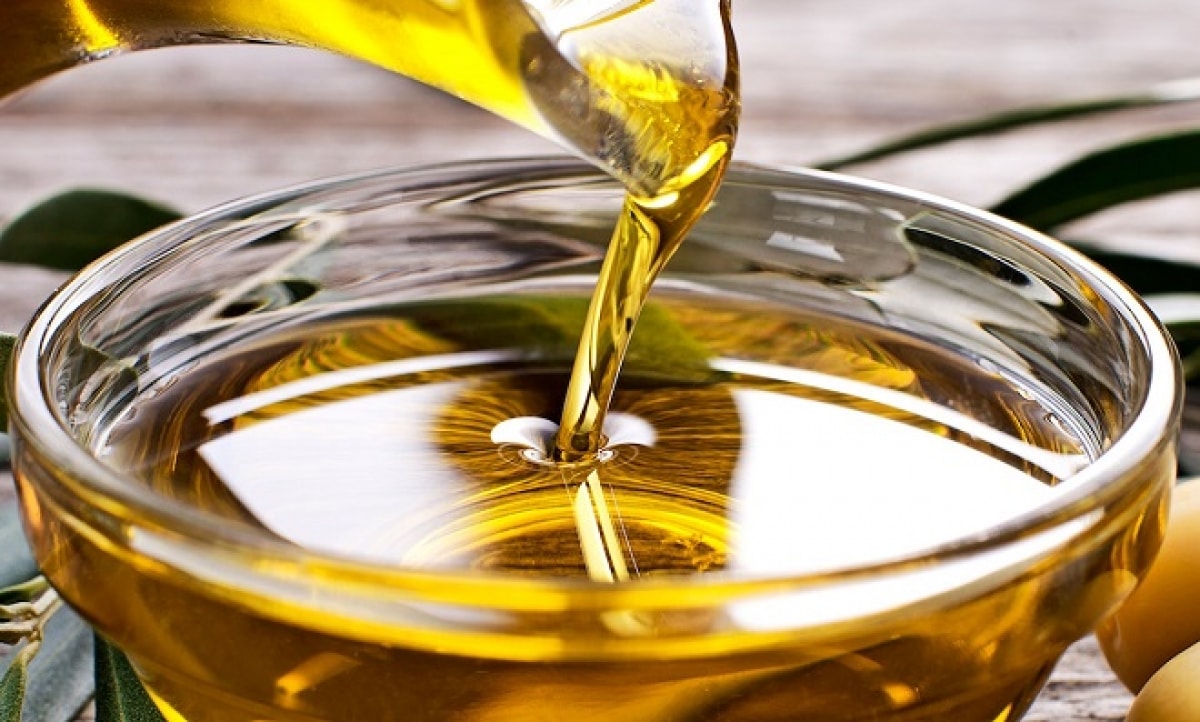When using cooking oil, housewives must pay attention to a number of things to ensure health safety.

Nowadays, many families use vegetable oil instead of animal fat to avoid the risk of cardiovascular diseases. However, when using cooking oil, housewives still have to pay attention to some things to ensure health safety.
Do not fry at high temperatures that cause the oil to smoke.
One of the most important factors to consider when choosing and using cooking oils is the oil's smoke point.
The smoke point of an oil is the temperature at which it starts to burn and smoke, a sign that the oil has begun to break down. At this point, the oil can release chemicals that give food a burnt smell and bitter taste, as well as free radicals that are harmful to the body.

Do not reuse cooking oil many times.
Reusing cooking oil or fat is a common practice, but it can pose some serious health risks. The most common risk is that the oil has become rancid or spoiled, containing old food residue.
Oil can change its composition after just one use, especially at high temperatures. Reheating cooking oil increases the presence of carcinogens, increases inflammation, reduces immunity, and leads to a number of diseases.
According to Columbia University (USA), there has been research that has discovered a relationship between breast cancer development and oil reuse.
Reusing cooking oil for frying frequently also increases the risk of bacteria growing in the kitchen.
Do not store cooking oil in iron bottles or in places with high temperatures.
"Unopened oil stored in a cool, dry place can last up to two years. Once opened, you should use the oil within the first two to three months. However, a high-quality product can last up to a year but should be stored in a cool, dry place with the lid tightly closed," says American chef RL King.
If you leave cooking oil in a place with high temperature and direct sunlight, the oil can quickly oxidize, change properties, and release harmful toxins.
Signs of spoiled oil include a strong odor, a darker, cloudy appearance, and possible foaming on the surface when heated.
In addition, never leave oil in iron bottles because fatty acids will react with rust and form salts that contaminate the oil, causing an unpleasant odor.
Note, do not pour cooking oil down the sink. The oil will cool when it meets the water in the drain and solidify, causing blockages in the sink, septic system or public sewer.